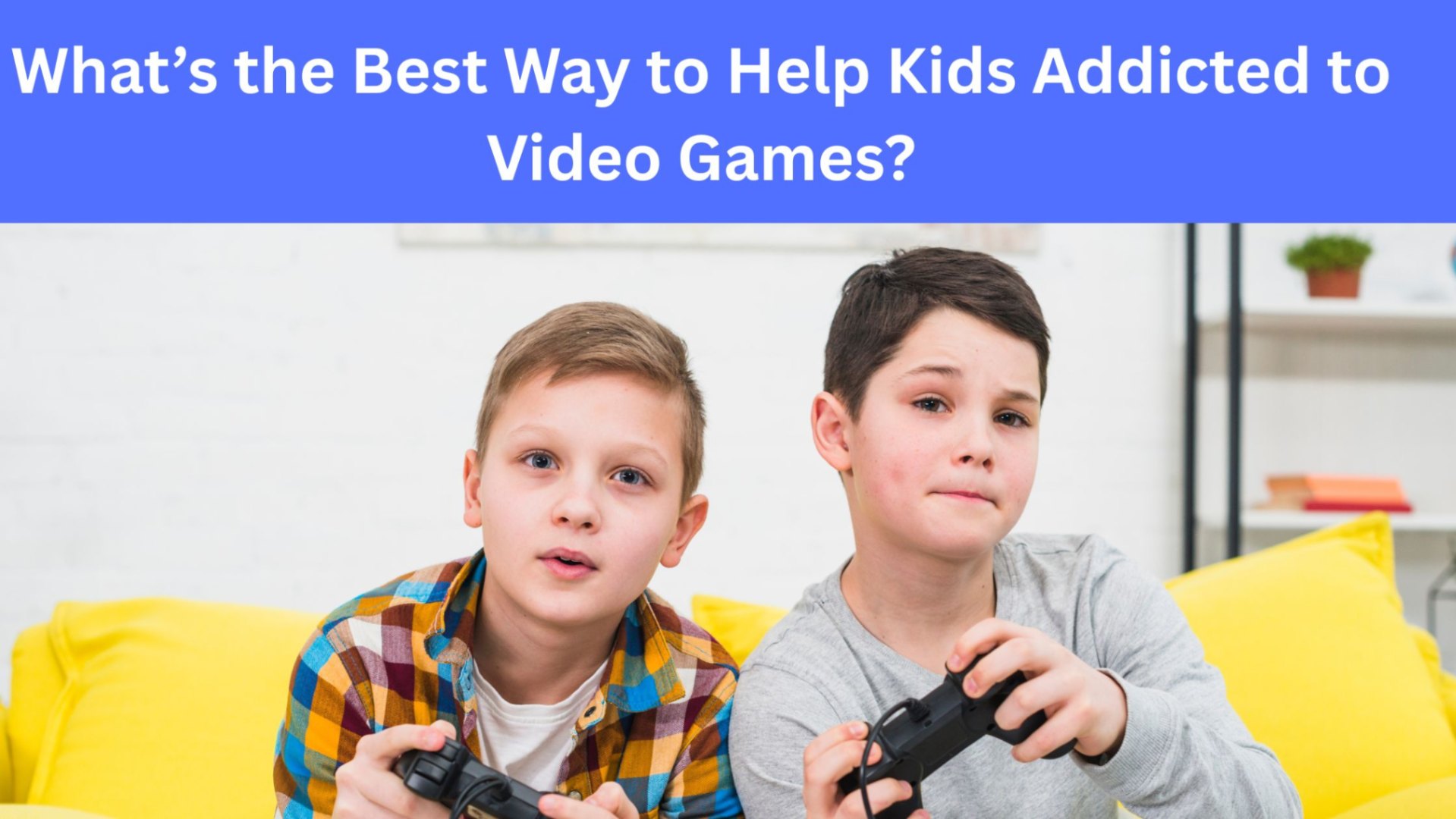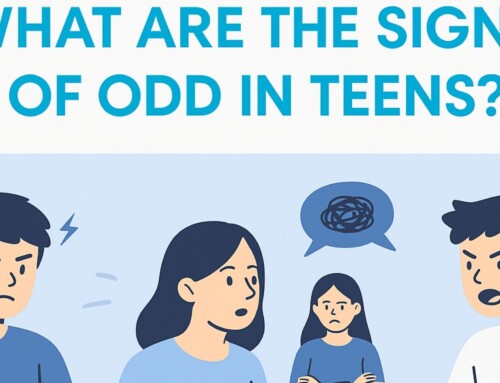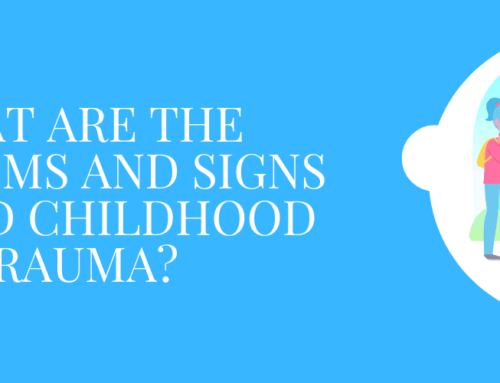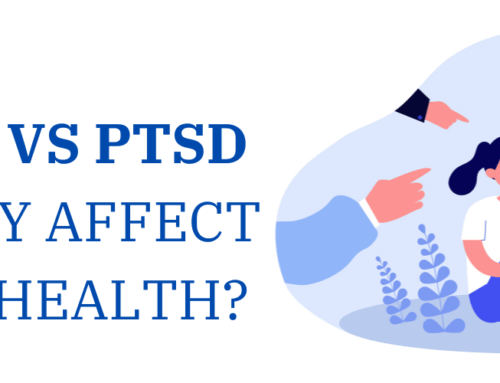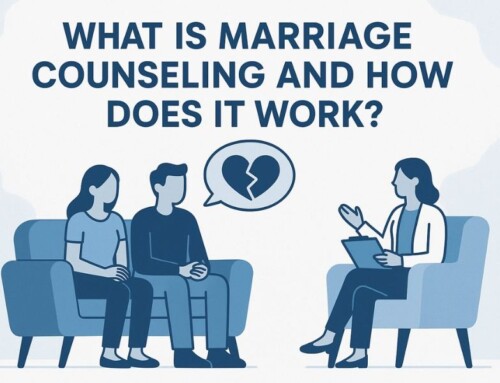What’s The Best Way To Help Kids Addicted To Video Games?
TL;DR
|
|---|
It’s nearly 8 p.m. A boy sits on the floor, controller in hand, eyes fixed on the screen. His mother calls him to dinner, but her voice is lost in the sounds of the game. For many parents, moments like this bring worry and frustration, and they’re not alone.
In fact, more than 90% of children older than 2 years play video games, and three-quarters of American households own a video game console. Children ages 8 to 17 spend an average of 1.5 to 2 hours daily gaming, with some playing much longer on weekends or holidays.
At Total Life Counseling, we often work with families facing these challenges. Whether it’s a child addicted to video games, a teen struggling with screen time, or a parent wondering how to break a child’s video game addiction, we approach each situation with compassion.
In this blog, we’ll look at why video games are addictive for kids, how to tell when gaming becomes harmful, and how parents can actually handle the child’s gaming obsession.
Why Games Can Feel More Exciting Than the Real World for Kids?
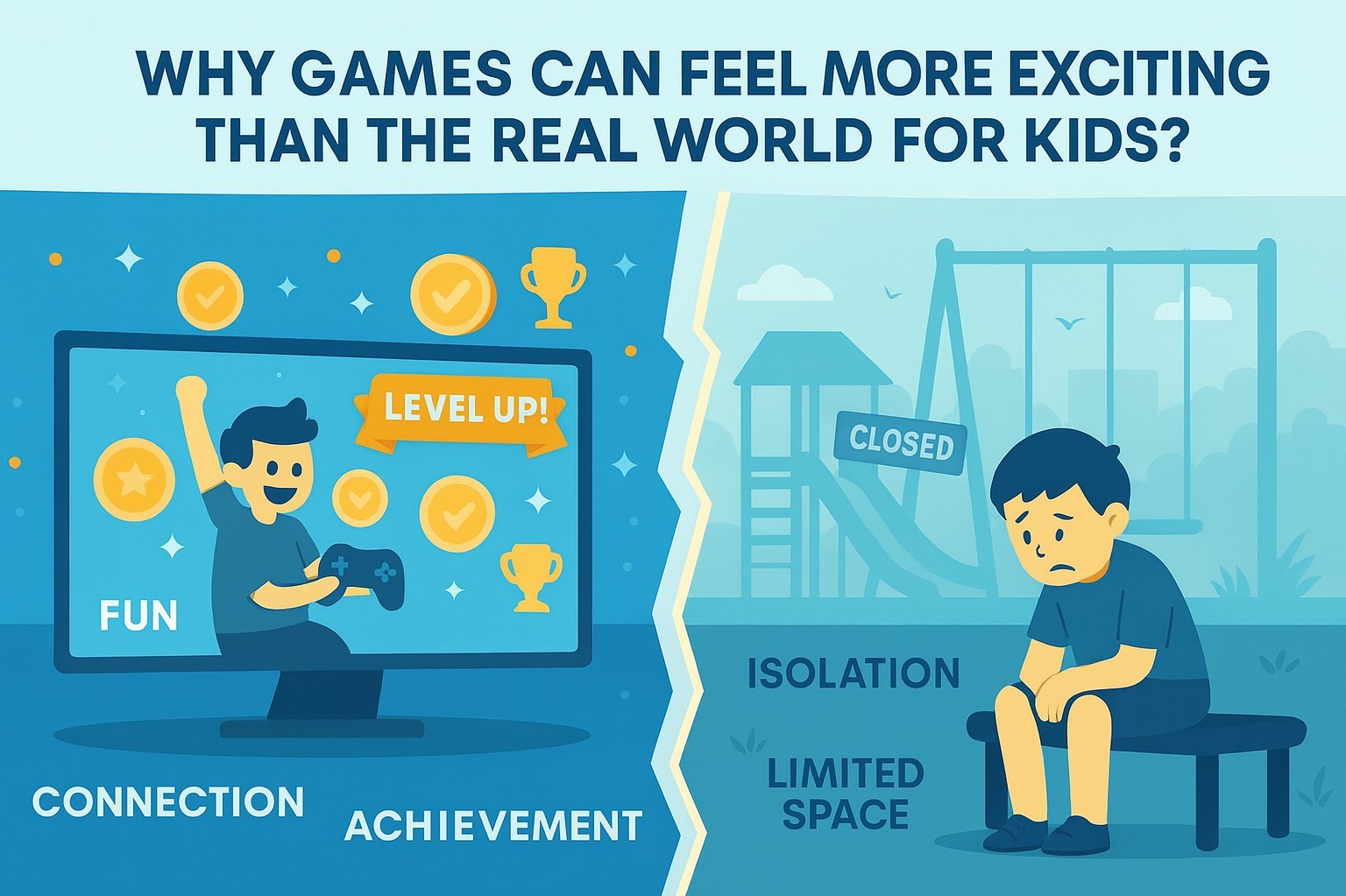
So, why are video games addictive? For many kids, video games aren’t just a hobby. They’re a place where they feel in control, connected, and successful. Games and social media offer colorful worlds to explore, friends to team up with, and quick rewards that make you feel good right away.
That’s no accident. They’re designed to tap into the brain’s reward system, releasing dopamine that fuels motivation and keeps players coming back for more. The same cycle can happen with kids with phone addiction, especially with social media apps, where unpredictable rewards like notifications or “likes” trigger the same chemical response.
Parents often ask, are video games addictive for kids? The answer is yes. Around 8.5% of children and teenagers under 18 around the world may be addicted to gaming, showing how serious and widespread the issue can be.
If a child is stressed, lonely, or struggling with real-life challenges, the pull of video games can be almost irresistible. While video gaming, they can level up, earn badges and chat with friends in a safe, predictable space where success feels just a few clicks away. It is easy to see why many parents say, “My son is addicted to video games” or “I don’t know how to deal with kids addicted to video games.”
The real challenge is that offline play is shrinking.
- Many neighborhoods no longer have safe, open spaces for kids to play freely
- Busy family schedules mean less unstructured time outdoors
- Safety concerns often keep kids indoors, turning screens into their go-to playground
When real-world options are limited, the instant fun, social connection, and achievement offered by video games can quickly take over.
Help your child reclaim life beyond the screen. Connect with Total Life Counseling now!
When Does Gaming Become a Harmful Addiction?
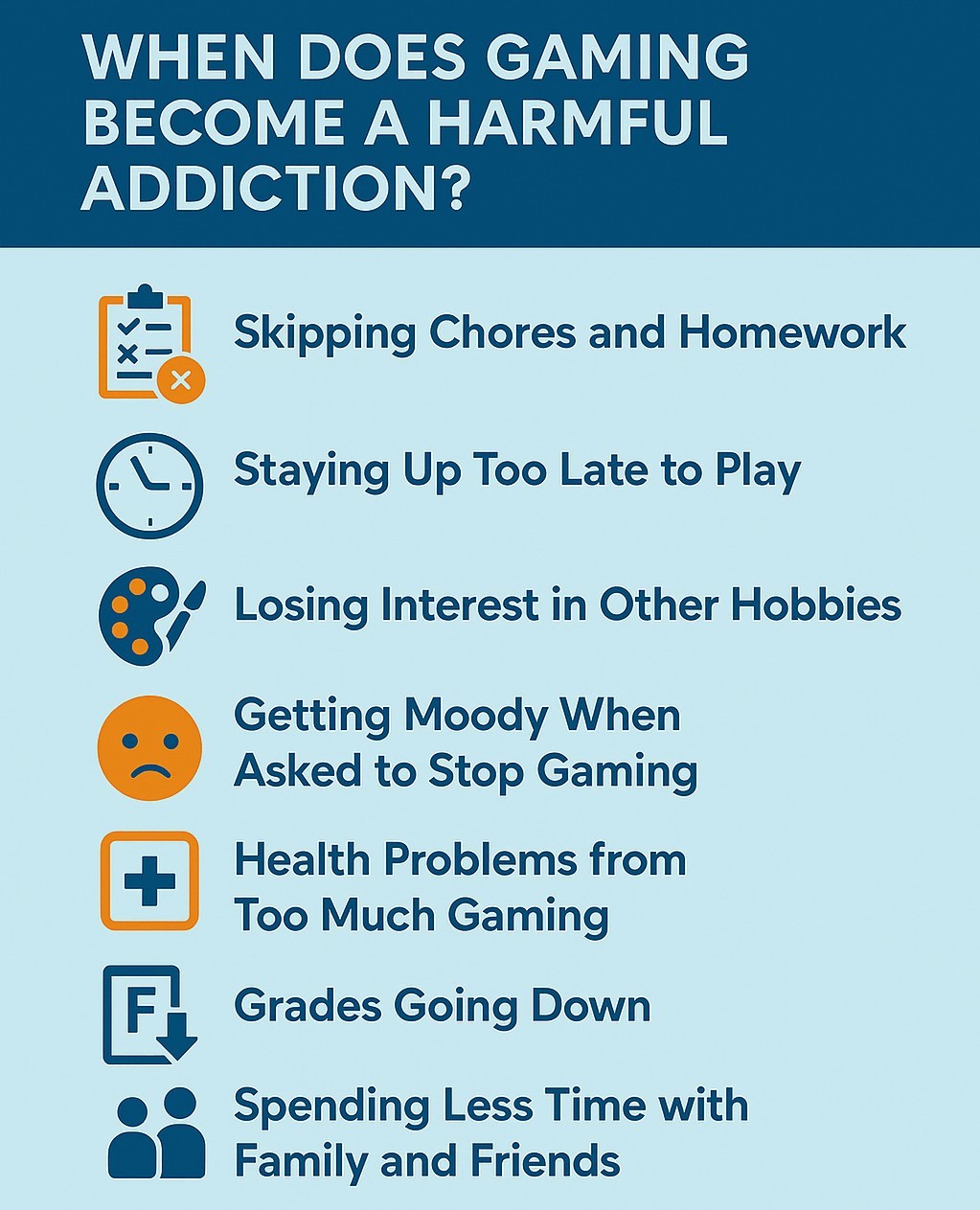
Parents often wonder, can a child be addicted to video games or is it just a passing phase? The truth is, while gaming can be a fun and healthy part of life, it can also become a serious issue when it starts to affect schoolwork, friendships, health, and family life. That’s when gaming moves from a pastime to video game disorder.
These are some of the most common signs that gaming may be causing more harm than good:
1. Skipping Chores and Homework
School assignments, chores, and even basic self-care like showering or eating regularly start to slip. You might notice unfinished homework piling up, rooms becoming messier, or your child rushing through tasks just to get back to the game.
2. Staying Up Too Late to Play
Gaming late into the night or waking up early to squeeze in play before school can lead to chronic tiredness. Sleep is so important for mental health! Over time, this can affect concentration, memory, and mood, making everyday challenges harder to manage.
3. Losing Interest in Other Hobbies
Hobbies, sports, or spending time with friends in person no longer seem appealing. The excitement of gaming can have a negative effect, overshadowing activities that once brought joy, narrowing your child’s world to mostly online experiences.
4. Getting Moody When Asked to Stop
An angry kid video game addiction scenario may show mood swings or even aggression when asked to stop playing. This reaction often happens because the game has become their main source of stimulation and relaxation.
5. Health Problems from Too Much Gaming
Extended gaming can impact the body as much as the mind. Staring at a screen for hours can cause eye strain, blurred vision, and tension headaches. Sitting in the same position too long often leads to poor posture, neck and back pain, and muscle stiffness. Limited movement and frequent snacking can contribute to weight gain and lower fitness levels, while repeated hand and wrist motions can cause pain or even repetitive strain injuries like carpal tunnel syndrome.
6. Grades Going Down
When video game addiction takes priority, schoolwork suffers. Difficulty concentrating in class, missing deadlines, or avoiding schoolwork altogether can emerge when gaming takes priority over academic responsibilities. Teachers may report that your child seems distracted or less engaged.
7. Spending Less Time with Family and Friends
Choosing the console or computer over social gatherings, meals, or conversations at home is another warning sign. Over time, this isolation can weaken relationships and reduce the sense of belonging outside the game.
Noticing one of these signs occasionally should not cause panic. The concern comes when these effects of gaming addiction appear regularly and start affecting your child’s health, responsibilities, and relationships.
How to Handle Your Child’s Video Game Obsession?
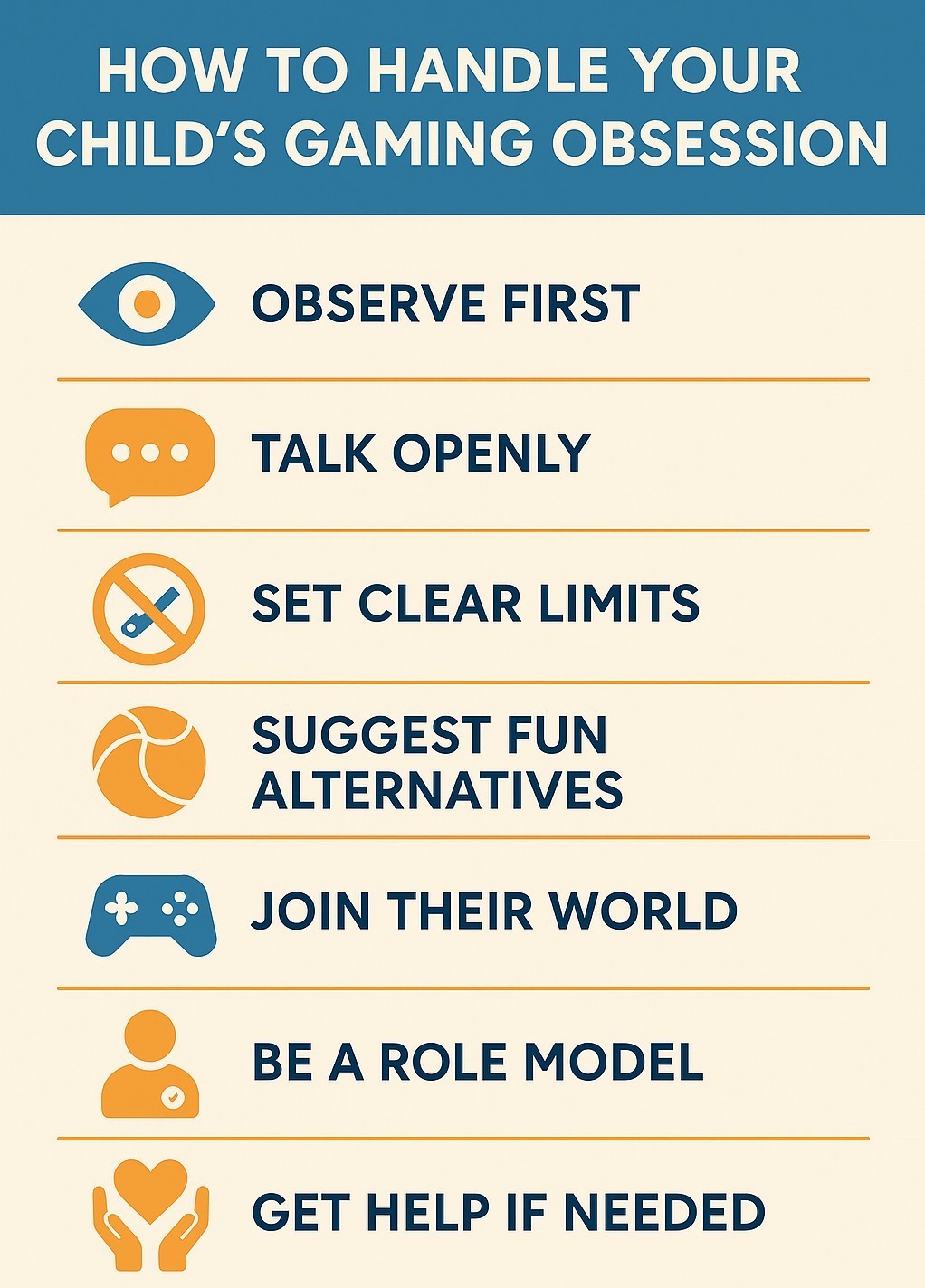
Managing a child’s intense gaming habits on a regular basis can be challenging, especially when it feels like screens have taken over family life. The goal is not just to cut gaming time, but to understand what’s behind it and create a balanced environment where real-world activities are just as engaging as the digital ones.
1. Start With Observation, Not Confrontation
Before making rules or changes, take a step back and observe. Notice when your child plays the most and how they behave before, during, and after gaming sessions.
Is gaming their way to relax after a stressful day? Do they use it to avoid certain tasks or feelings? Some games can help children develop new skills. The more you understand the why behind their habits, the more effectively you can respond without triggering defensiveness.
Understanding the causes of video game addiction can help you respond without triggering defensiveness.
2. Open The Conversation
Approach the topic calmly and without criticism. Use open-ended questions like “What do you enjoy most about this game?” or “How does gaming make you feel?” This encourages your child to share honestly. Listening without immediate judgment builds trust and makes them more open to hearing your concerns later. If tensions remain, family counseling can help improve communication and set healthy gaming boundaries.
3. Set Clear And Consistent Limits
Rules work best when they’re agreed upon rather than imposed. Discuss a daily or weekly limit that feels achievable, and make sure “device-free” times are part of the routine, for example, during meals, study time, or before bed. Consistency is vital. If the boundaries change from day to day, they’re less likely to be followed.
4. Offer Appealing Offline Alternatives
Simply removing gaming without offering other enjoyable options often leads to frustration or resistance. Think about activities that meet the same needs gaming fulfills like excitement, challenge, social connection, or creative expression. Options might include joining a sports team, learning an instrument, trying art classes, hiking, cooking, or even board games with friends.
5. Get Involved in Their Gaming World
Instead of seeing gaming as “the enemy,” show interest in it. Watch them play, ask about their progress, or even try playing with them. This not only builds connection but helps you understand the aspects of gaming they enjoy most. Once you know this, you can suggest offline activities that provide a similar sense of satisfaction.
6. Model Healthy Tech Habits
Children often mimic what they see. If you check your phone constantly or spend long hours on screens, it becomes harder to enforce rules about their gaming. Show them what balance looks like by prioritizing offline hobbies, socializing in person, and having your own device-free times.
7. Seek Professional Support if Needed
If gaming is interfering significantly with schoolwork, health, or relationships, and your efforts at home haven’t helped, consider consulting a mental health professional or opt for online counseling services. Therapists can help identify underlying issues such as anxiety, depression, or social skill problems, and create a tailored plan to help your child build healthier coping strategies.
When you understand the seriousness of how many kids are addicted to video games, it becomes easier to recognize the seriousness of the issue and see why early intervention is so important.
Also, if you’re a parent wondering why shouldn’t kids have phones too early, one key reason is that phone habits can mimic addictive gaming patterns, with constant dopamine hits from apps, games, and messages. Introducing clear rules early helps prevent risky patterns from forming.
How Total Life Counseling Can Help With Video Game Addiction?
At Total Life Counseling, we’ve helped many families who say, “My child is addicted to video games and I don’t know what to do.” We go beyond screen-time limits to uncover the deeper causes of video game and screen addiction like stress, anxiety, depression, or social struggles.
Our teen video game disorder and smartphone addiction experts have participated in over 200 national and local news interviews, sharing our expertise on how to manage and overcome these challenges, and that same expertise is here for you.
Using evidence-based approaches like cognitive behavioral therapy (CBT), we help our clients:
- Identify triggers that lead to excessive gaming
- Develop healthier ways to cope with stress and emotions
- Reconnect with offline activities that bring joy and fulfillment
- Improve communication and relationships within the family
- Create a plan to prevent slipping back into old habits
We approach each situation with compassion, not judgment. Start your child’s path to balance. Book a session today.
Conclusion
In the end, helping kids find balance with video games isn’t about banning screens altogether. It’s about understanding what’s pulling them into the game world and giving them equally meaningful reasons to enjoy life outside of it. That means noticing the signs early, keeping communication open, and creating an environment where offline activities are just as exciting and rewarding.
Frequently Asked Questions
Should kids have cell phones?
The decision depends on the child’s maturity, needs, and ability to follow rules. Advocates of a smartphone free childhood point to benefits like more face-to-face socialization, better sleep, and fewer distractions.
Are certain video games more addictive for children?
Yes, online games and internet gaming platforms that leverage the brain’s reward system with unpredictable rewards and social interactions are especially addictive for kids. The role of dopamine is key here. These games trigger frequent dopamine releases through achievements and multiplayer engagement, making them harder to put down.
What role does family support play in recovery from gaming addiction?
Family support is essential for recovery, as it helps children feel understood and supported. This applies for people of all ages. Creating a family agreement around screen time and providing encouragement make video game addiction treatment more effective, promoting trust and positive change.
How much screen time is considered risky when it comes to developing video game addiction in children?
While there’s no universal cut off, experts suggest that more than 2 hours of recreational gaming per day especially when it replaces sleep, schoolwork, or physical activity can increase the risk of video game addiction in children.
How do I talk to my child about their gaming habits without causing conflict?
If you see your child spending too much time on video game, approach them with empathy, have conversations focusing on mental health and shared family agreements. Discuss coping mechanisms and withdrawal symptoms calmly, and invite your child to express their feelings. Open communication builds trust and reduces resistance to change.
What do recent studies and research say about cell phone use among preteens and young children?
Studies show increased rates of cell phone addiction in children, rising anxiety, and sleep disruption linked to excessive device use. Many experts recommend delayed introduction and monitored use to encourage healthier tech habits.
How can schools or communities help prevent video game addiction among kids and teens?
Similarly, schools and communities can help prevent video game addiction among kids and teens by setting clear boundaries around screen time, encouraging healthy offline activities, and educating families about recognizing the signs of excessive gaming.
Creating environments that support balanced technology use can foster better habits and overall well-being.
What are the main risks and benefits of giving cell phones to children?
Cell phones increase screen time and can lead to negative consequences, such as distraction from daily activities and excessive gaming session. However, they can also have a positive impact by supporting safety and learning if used responsibly and with clear boundaries.
How can parents set healthy boundaries and rules for kids using cell phones?
Parents can establish boundaries by integrating device limits into family routines and creating a family agreement. Focus on the positive impact of balanced screen time, encourage regular offline activities, and ensure rules are clear, collaborative, and consistently enforced.
Filed in: Children, Gemima McMahon, Video Games
Share This Story, Choose Your Platform!
Total Life Counseling Center consists of Licensed Counselors, masters level therapists, Español counselors, Licensed Mental Health Counselors, business coaches, and image enhancement coaches who provide counseling for emotional, mental, physical and spiritual care including marriage, individual, family, substance abuse and more. TLC’s family, trauma and marriage experts have been interviewed on National and Local TV/Radio over 200 times for their expert advice on Fox News, OWN, WETV, ABC’s Medical Minute and more. Our skilled counselors are relational, approachable and specialists providing therapy services in the Central Florida area including: Orlando, Winter Park, MetroWest, Windermere, Dr. Phillips, East Orlando, Lake Mary, and Clermont, Boca Raton Florida, and Dallas, TX.

